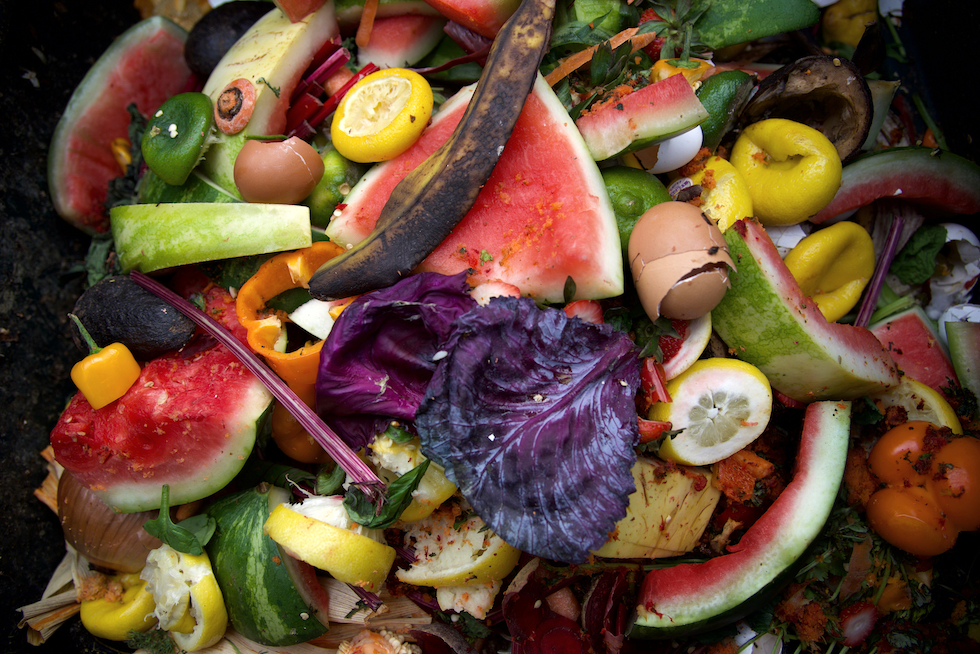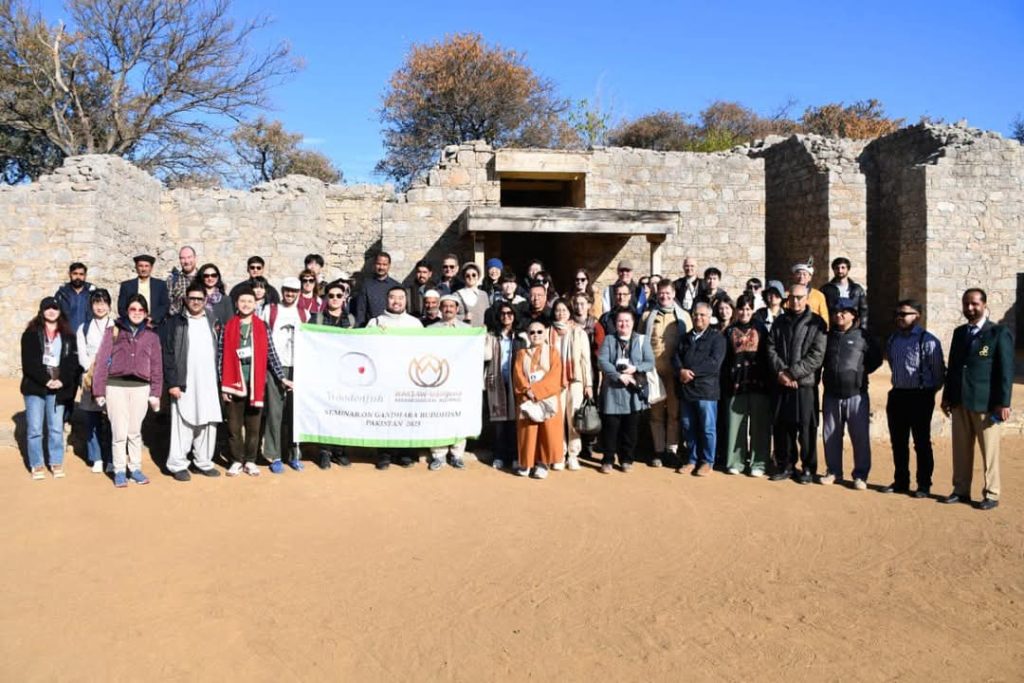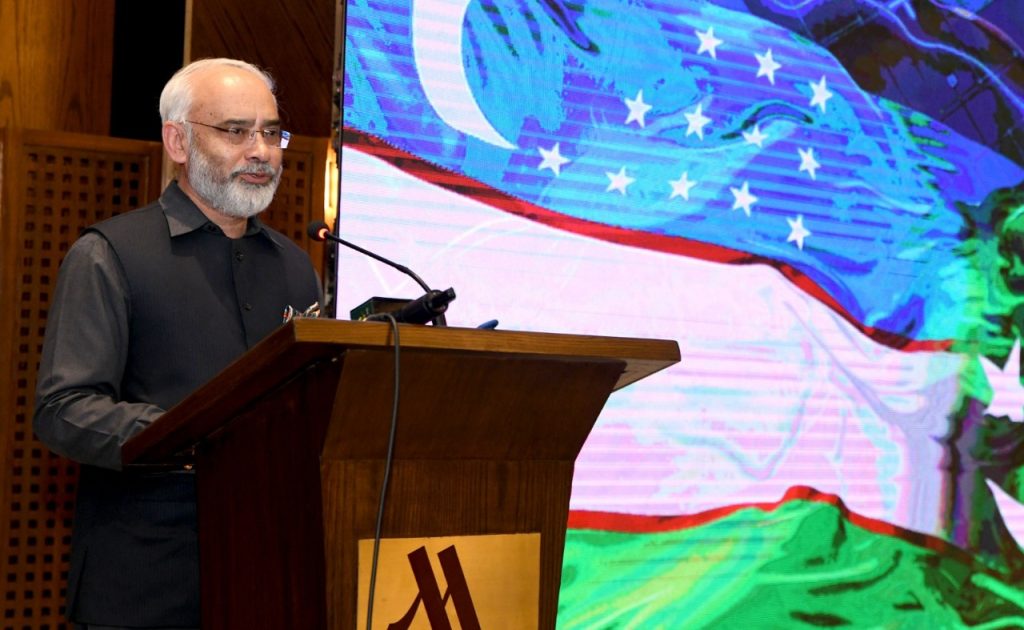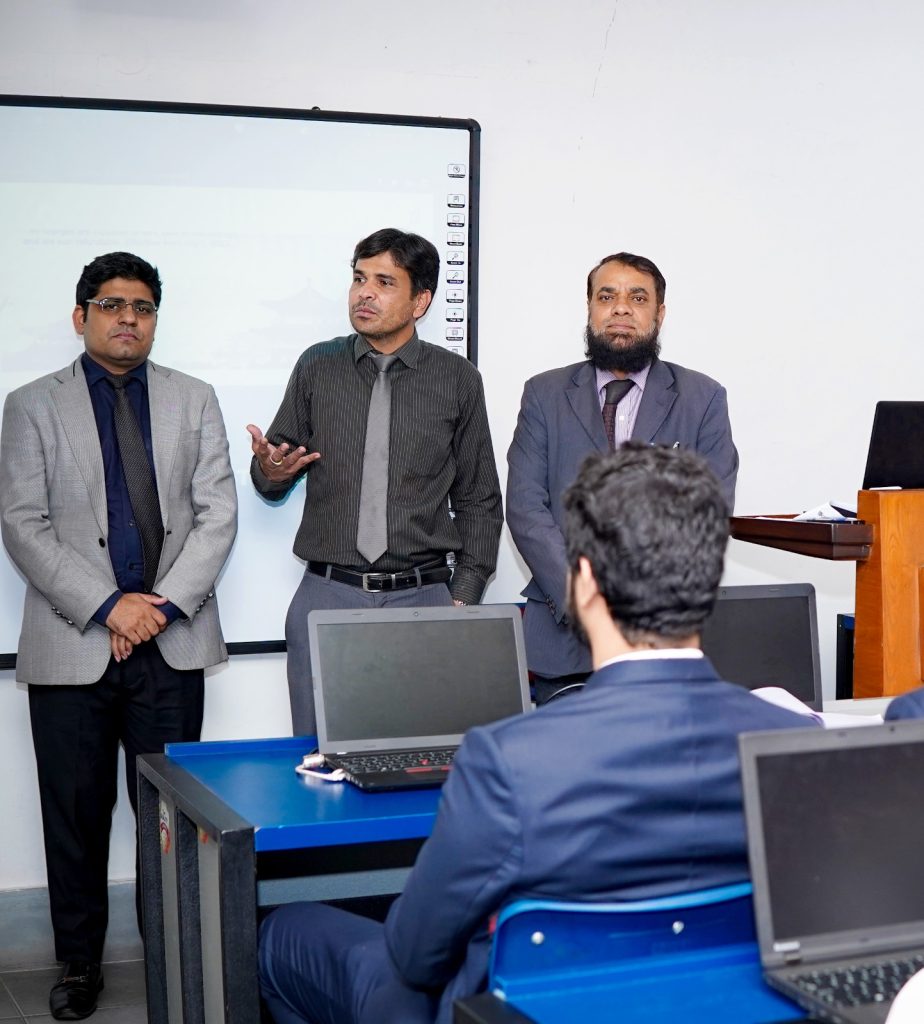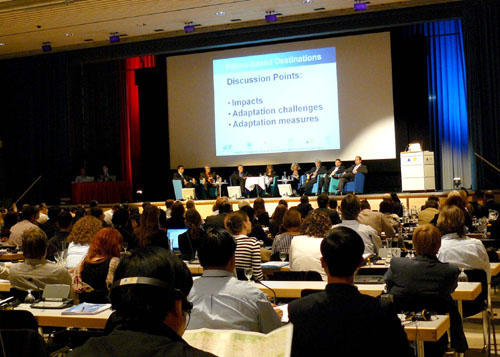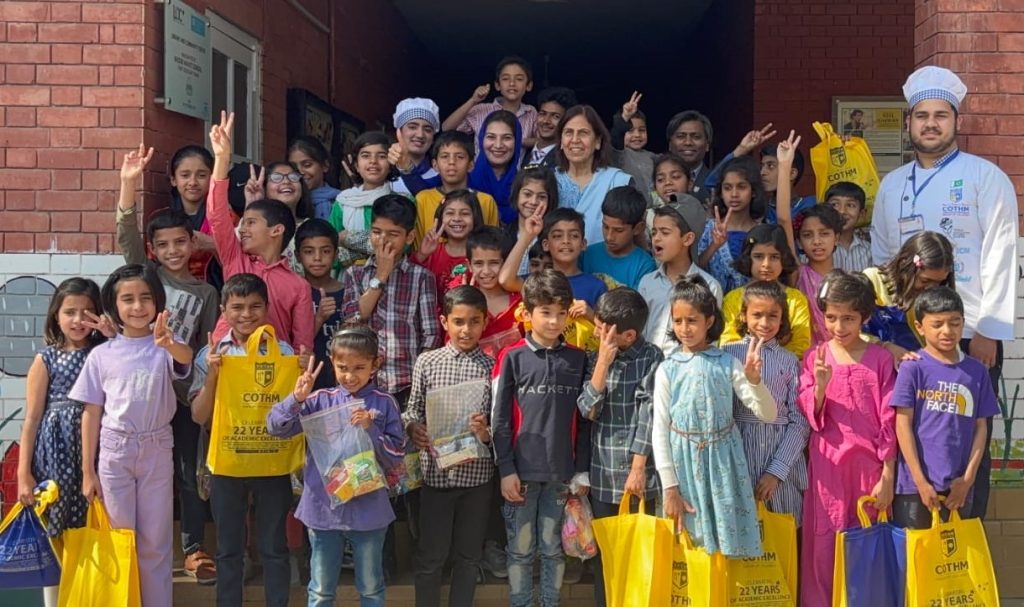Food waste is a global challenge with significant economic, environmental, and social implications. In Pakistan, where millions struggle with food insecurity and poverty, tackling food waste is not just an environmental imperative but also a moral obligation. Fortunately, a growing number of initiatives and efforts are underway across the country to address this pressing issue and promote sustainable practices in food consumption and management.
One of the key strategies in combating food waste in Pakistan is through food redistribution programs. These initiatives focus on rescuing surplus food from restaurants, hotels, supermarkets, and other food establishments and redirecting it to those in need. Organizations such as Robin Hood Army, Edhi Foundation, and Akhuwat Foundation are leading the charge in this regard, mobilizing volunteers to collect excess food and distribute it to marginalized communities, orphanages, and shelters. By harnessing the power of community mobilization and grassroots activism, these initiatives are not only reducing food waste but also alleviating hunger and food insecurity in Pakistan.
Composting initiatives also play a crucial role in addressing food waste and promoting sustainable waste management practices. In Pakistan, where a significant portion of food waste ends up in landfills, composting offers a viable solution to divert organic waste from disposal sites and convert it into nutrient-rich compost for agriculture and landscaping purposes. Organizations such as Compostwali and Compost House are pioneering composting initiatives in urban areas, providing households, businesses, and communities with the tools and knowledge to compost food scraps and organic waste on-site. Through education and outreach efforts, these initiatives are raising awareness about the environmental benefits of composting and empowering individuals to take action against food waste at the grassroots level.
In addition to food redistribution and composting, awareness campaigns and educational programs are essential components of efforts to combat food waste in Pakistan. These initiatives aim to raise awareness about the scale and impact of food waste, educate individuals and businesses about the importance of reducing food waste, and provide practical tips and tools for minimizing waste in daily life. Organizations such as the Food and Agriculture Organization (FAO) of the United Nations, WWF-Pakistan, and local NGOs like Rizq and Saylani Welfare International Trust are actively engaged in conducting workshops, seminars, and awareness campaigns on food waste reduction and sustainable consumption practices. By fostering a culture of mindfulness and responsibility around food consumption, these initiatives are driving behavior change and promoting a more sustainable approach to food management in Pakistan.
Moreover, innovative technologies and digital platforms are also emerging as powerful tools in the fight against food waste in Pakistan. Apps and websites such as ResQ Club, Share My Dabba, and FoodCloud connect surplus food donors with local charities and individuals in need, facilitating the redistribution of excess food in real-time. Similarly, smart food storage solutions and inventory management systems are helping businesses and households track and manage their food supplies more efficiently, reducing the risk of food spoilage and waste. By harnessing the potential of technology and innovation, these initiatives are streamlining food redistribution efforts and maximizing the impact of food waste reduction initiatives in Pakistan.
Despite these efforts, challenges remain in effectively tackling food waste in Pakistan. Infrastructure constraints, lack of funding, and cultural attitudes towards food consumption and waste pose significant barriers to progress. However, with continued collaboration and commitment from government agencies, civil society organizations, businesses, and individuals, Pakistan has the potential to significantly reduce food waste and build a more sustainable and resilient food system for the future.
In a nutshell, addressing food waste is not just a moral imperative but also a strategic priority for Pakistan. Through a combination of food redistribution programs, composting initiatives, awareness campaigns, and technological innovations, the country is making strides towards reducing food waste and promoting sustainable food management practices. By working together and harnessing the power of collective action, Pakistan can build a more equitable, resilient, and sustainable food system for all.

